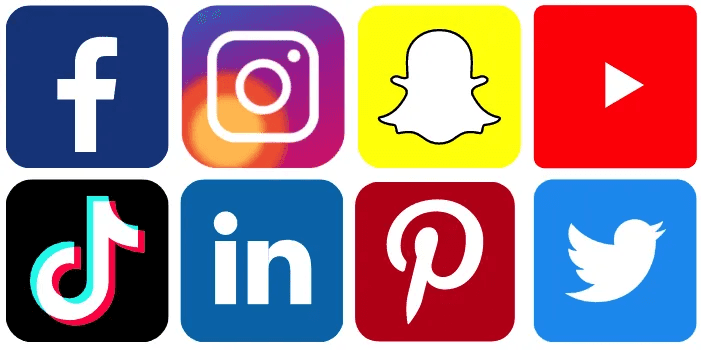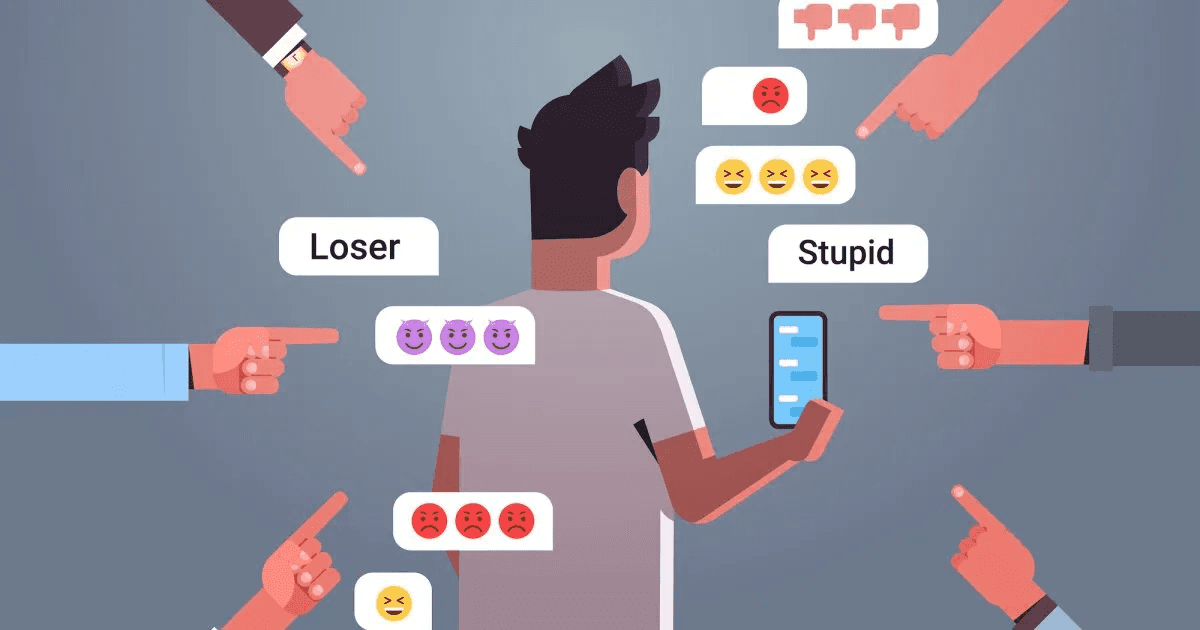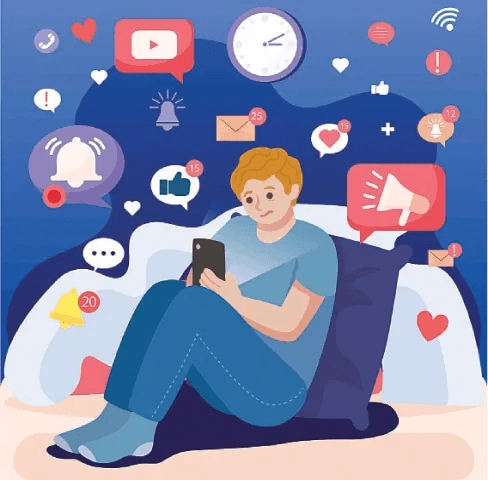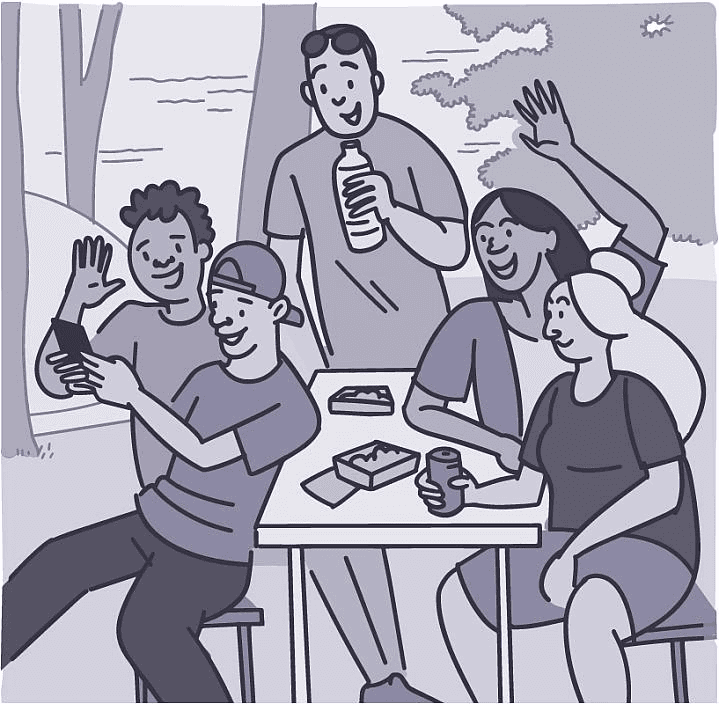Influence Of Social Media On Mental Health
March 3, 2024
Written By: Oso Jesutofunmi Eunice, Class Of 2028
This blog helps us understand the pros and cons of social media on our mental health and gives us advise on how to utilize social media to our advantage.
SOCIAL MEDIA PLATFORMS
Social media platforms has become an important part of our day to day lives; as a means of communication with family and friends, accept invites to events, and join online groups to meet people who share your interests. They have paved a way for communicating with people all over the world, and many other benefits. Social media is like two sides of a coin. It has both a positive impact and a negative impact. Research has shown that social media can cause depression, anxiety and even loneliness.

THE EFFECT OF FILTERS
Filters are a popular feature on social media platforms that allow users to alter pictures and videos by applying various effects to them. They can improve the visual appeal of social media posts, but they can also have a negative influence on one’s mental health. The major one is false beauty standards. This due to the smoothening out of the skin, brightening of eyes, and even altering of facial characteristics. Thus affecting people’s self esteem and making them feel inadequate, especially when people compare themselves to highly manicured photos on social media.
In addition the filters might add to the pressure to meet specific beauty standards. The usage of filters might provide an idealized representation of one's life, projecting an appearance of perfection that cannot be attained. This can also cause low self esteem, especially for sensitive people.

FACE TO FACE INTERACTIONS
Social media platforms can provide a way of connection and communication, particularly for people who have few face- to-face encounters. It enables people to retain relationships with friends and relatives who are geographically separated and it can lessen the feeling of isolation. However, excessive usage of social media might lead to less face-to-face and physical engagement. When social media is used too much, this may reduce possibilities for in-person contacts, which are critical for developing and maintaining meaningful connections. The lack of face-to-face interaction can lead to one feeling isolated which can have a severe influence on mental health.
CYBER BULLYING:
Social media sites can become an environment for cyberbullying. The degree of anonymity and distance given by onlineplatforms might encourage people to engage in inappropriate conduct, such as spreading rumors, making slanderous comments, or revealing private information without consent. Cyberbullying can have serious negative consequences for one's mental health, including increased anxiety, sadness, and even suicide thoughts.

FEAR OF BEING LEFT OUT
This is a major issue in today's world. Social media platforms frequently display reels of people's lives, highlighting interesting events, accomplishments, and experiences. The frequent exposure to all this content can cause feelings of envy, inadequacy, and anxiety of being left out on the experiences that others appear to have, as people compare their own lives to the supposedly exciting and fulfilling lifestyles they observe on social media. It might result in a persistent need for validation, also fear of being excluded or not fitting into the social or cultural trend. This can be detrimental to one’s selfesteem and general wellbeing. Also, it can result in an obsessive need to constantly check for constant updates, worried that one will miss out on key information or experiences. Social media overconsumption can disrupt in-person relationships and activities, this would result in a reduced feeling of contentment and genuine connection with others.

CONCLUSION
In conclusion, the effect of social media on one’s mental health is a complex topic. Social media platforms have provided numerous benefits, but they also have their downside. A major concern is the potential for social comparison, this can lead to a person feeling low about themselves and even depression.
The incessant exposure to meticulously edited images and posts can create unrealistic expectations and can create a wrong image of reality. Also, the overuse of social platforms can contribute to feelings of loneliness and isolation. It can lead to the constant need for validation.
Moreover, social media platforms can be breeding grounds for cyberbullying, this can bring about suicidal thoughts.Apart from that it provides a sense of community and support. It allows people who share similar interests or experiences to be able to connect with each other. It can also serve as a platform for raising awareness about mental health issues and promoting positive discussions.
In order to reduce the potential negative effect that social media has on people’s mental health, it is important to practice healthy social media habits. This includes setting boundaries on how a person uses their social media platforms and how long they use them, being mindful of one's emotional responses to social media content and seeking support and professional help if necessary.

